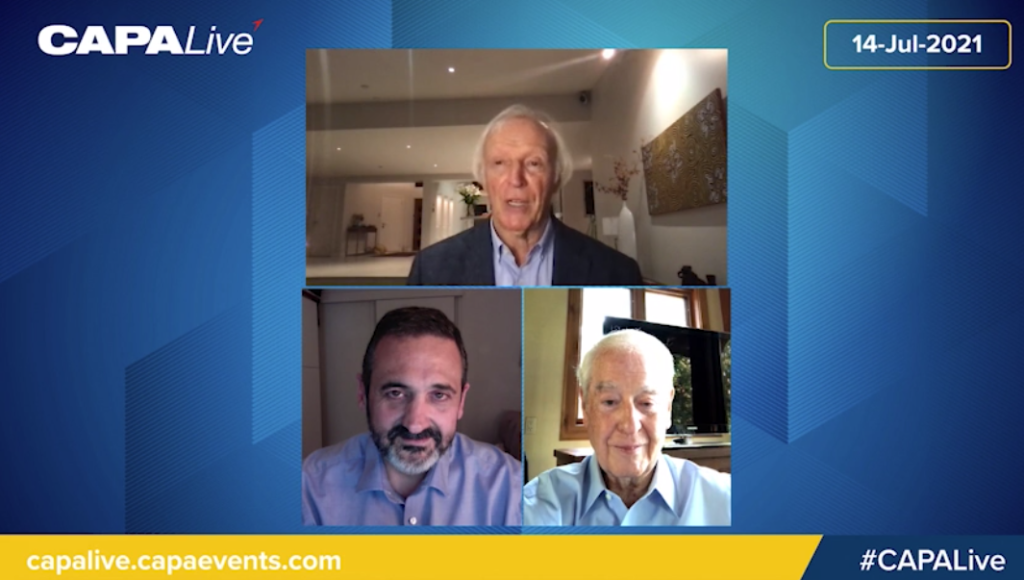What is certain is both types of airlines will feel the wounds from a year-and-a-half of travel disruption. But for many of the world's airlines the financial bleeding has now been subdued and recovery - previously a view long into the future - is now seen as much closer. In a small number of cases air traffic levels are already peaking above pre-pandemic comparisons. For now though that remains the exception rather than the rule.
Airline business models have transitioned significantly over the past couple of decades and the lines between LCCs and the legacy operators has become increasing blurred. Still, we tend to aggregate them together within these two boxes: low-cost and traditional.
Alex Cruz, professor at IESE Business School has experience of both in his previous roles as chairman and CEO of British Airways and CEO of Spanish carrier Vueling. He believes that both have benefits that will support them post-pandemic, but those that are not focussed on their strengths and perhaps don't quite understand where they fit, could struggle.

Speaking at the Jul-2021 edition of CAPA Live, he said the legacy airlines' survival is "nearly guaranteed" through "state backing, one way or the other". Meanwhile, the LCCs are driving capacity recovery. "They feel confident. Any sort of communication that comes out of them, there's a certain tone of positiveness or feistiness which carries a certain promise underneath," he said.
But, Mr Cruz warned: "It almost feels like there is the third type of airline emerging, and it's the one that it's in the middle and it's the worst place to be in at this moment." He said such airlines have a higher cost base and don't have natural support from their home country or countries.
"There are a number of those airlines around in the world, and I think they are under severe threat at the moment. Most of them are short-haul operators. Most of them have costs that have unfortunately not gone in the right direction, because costs hardly ever go in the right direction. But let's just say they haven't been able to keep their costs down. And I think they are the ones that are fully challenged and there's much to be done," said Mr Cruz.
This view is also shared by Bill Franke, managing partner at IndiGo Partners, a collective of ultra low-cost carriers. In the CAPA Live session, he referred to this group of airlines as "tweeners, in betweeners," and thinks they operate with a business model that will comes under increasing pressure in the recovery environment.
When you consider their original models, the LCCs - especially the ULCCs - and the full service airlines are at opposite ends of the spectrum and that ultimately can make them complementary. Rather than compete, is there some opportunity for the two models to integrate in some form, whether it's a code share or an arrangement of some kind in the future?
Mr Franke thinks this will "be a major discussion item for leadership in the airline sector over the course of the next couple of years" but will require "some modification of point of view by both sides and some integration of where you fly when you fly and what services are provided on the flight" to ultimately succeed.
It will not be an easy path though. "The low cost model will be reluctant to give up its ground around its model. And the premium service will be reluctant to give up the premium service it affords its passengers," said Mr Franke.
But he believes there will be some progress. "I happen to believe that as a strategic matter, you will see more relationship between the full service and the ultra low cost carriers over the course of the next couple of years," he said.
Alex Cruz describes any relationship as being "a clash of cultures," with, from an implementation perspective, "some significant hurdles underpinned by completely different culture bringing the two business models together".
You can learn more insights and watch the full CAPA TV recording of the session with Alex Cruz and Bill Franke discussing the shape of the industry in the COVID-19 recovery and the period beyond, below: